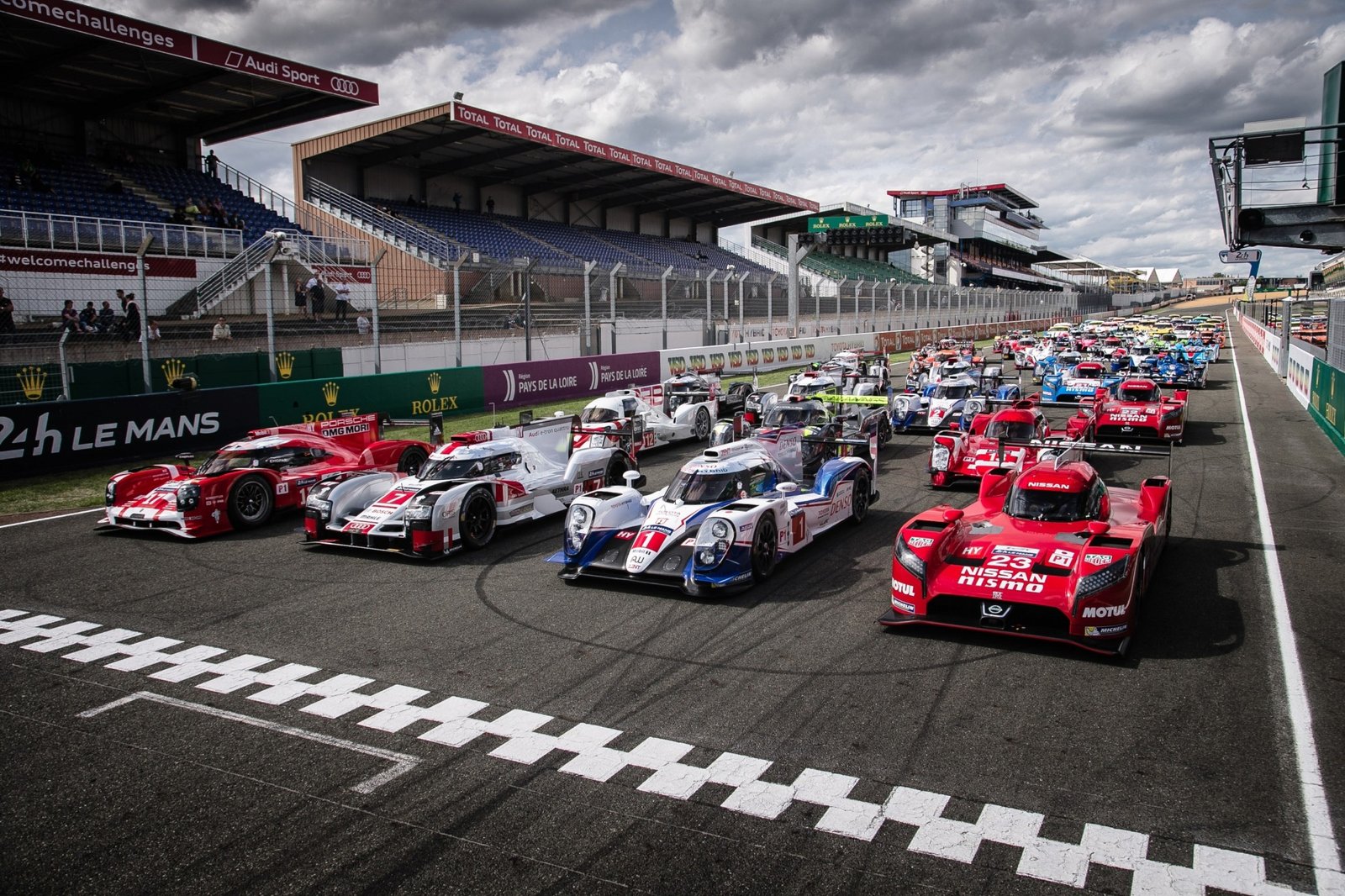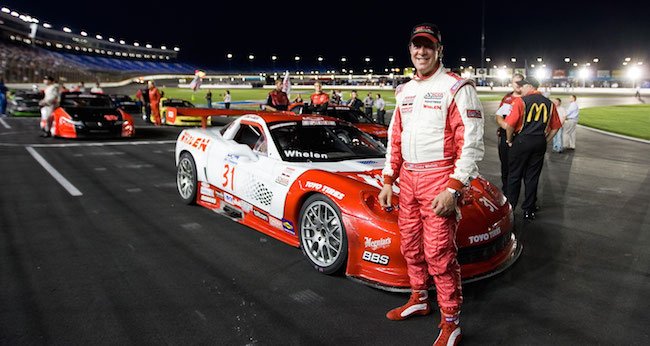Motorsports have long been a proving ground for automotive innovations. Engineers and designers push the limits of technology to enhance performance, safety, and efficiency in racing. Many of these innovations, born on the track, eventually make their way into everyday consumer vehicles. In this post, we will explore how motorsports inspire automotive innovations and shape the future of the automotive industry.

Pioneering Technology in Performance Engineering
Motorsports push the boundaries of what cars can do. High-speed racing demands extreme performance, which drives innovations in engine technology, aerodynamics, and materials. For example, Formula 1 teams develop powerful, fuel-efficient engines that use hybrid technology. This technology, combining internal combustion engines with electric power, has now found its way into hybrid cars for everyday consumers.
Aerodynamics also plays a major role in racing. On the track, every second counts, so engineers constantly improve the car’s ability to cut through the air. The use of lightweight materials like carbon fiber reduces weight while maintaining strength. These innovations have influenced the design of consumer vehicles, making them more fuel-efficient and environmentally friendly.
Advancements in Safety Features
Safety is a top priority in motorsports, and innovations in this area often lead to improvements in passenger vehicles. In motorsport racing, drivers face extreme speeds and high-risk conditions, prompting the development of safety features designed to protect them in the event of an accident. One notable example is the development of the HANS (Head and Neck Support) device in motorsport. This technology helps prevent head and neck injuries during high-speed collisions.
The same principles of safety innovation extend to the construction of race cars. Today’s racing cars use materials that absorb impact energy, such as reinforced cockpits and crumple zones. These materials and technologies are now common in consumer vehicles, enhancing driver safety on the road. Similarly, the introduction of advanced airbags and roll cages in racing has been adopted by car manufacturers to protect drivers in everyday crashes.
Telemetry and Real-Time Data in Vehicle Development
Telemetry systems, once reserved for motorsports, have transformed how car manufacturers approach vehicle development. In racing, telemetry systems transmit real-time data to engineers, who use this information to make adjustments and optimize performance during a race. Data on tire pressure, engine performance, and fuel usage allows teams to make critical decisions instantly.
This technology has filtered into consumer vehicles in the form of advanced driver-assistance systems (ADAS). Features like real-time tire pressure monitoring, fuel efficiency tracking, and remote diagnostics are now commonplace in everyday cars. Automakers rely on similar data-driven approaches to improve vehicle performance and user experience. The shift from motorsport telemetry to consumer use has made modern vehicles smarter and more efficient.
The Role of Electrification in Motorsport and Consumer Cars
The electrification of vehicles is one of the most significant trends in both motorsports and the automotive industry. Electric vehicle (EV) racing series like Formula E have become a testing ground for electric vehicle technology. The cutting-edge battery systems, powertrains, and energy recovery technologies developed in racing have been adapted for use in commercial EVs.
Motorsports have played a pivotal role in advancing electric vehicle performance. The intense competition in racing has driven significant progress in battery efficiency, charging times, and range. As automakers look to produce more eco-friendly vehicles, the innovations from racing have provided valuable insights into how to improve EV performance for the consumer market.
Environmental Innovations and Sustainability
As motorsports strive to reduce their environmental impact, new sustainable technologies are being developed and tested on the track. From biofuels to carbon-neutral racing events, the motorsport world is adopting eco-friendly practices. These efforts have influenced the automotive industry, where manufacturers are looking for ways to reduce emissions and improve fuel efficiency.
Hybrid and electric technologies are the direct result of this push for sustainability in motorsports. Automakers are using lessons learned from racing to create greener cars for consumers. Whether it’s a hybrid sports car or a fully electric vehicle, motorsports continue to inspire automotive innovations that benefit the environment and reduce the carbon footprint of everyday vehicles.
Conclusion
Motorsports have always been a hub for automotive innovation. The extreme conditions of racing drive technological advancements that make vehicles faster, safer, and more efficient. From cutting-edge engineering to safety features, telemetry, and sustainability efforts, the lessons learned in motorsports shape the cars we drive today. As technology continues to evolve, the influence of motorsports on automotive innovations will undoubtedly remain strong.











